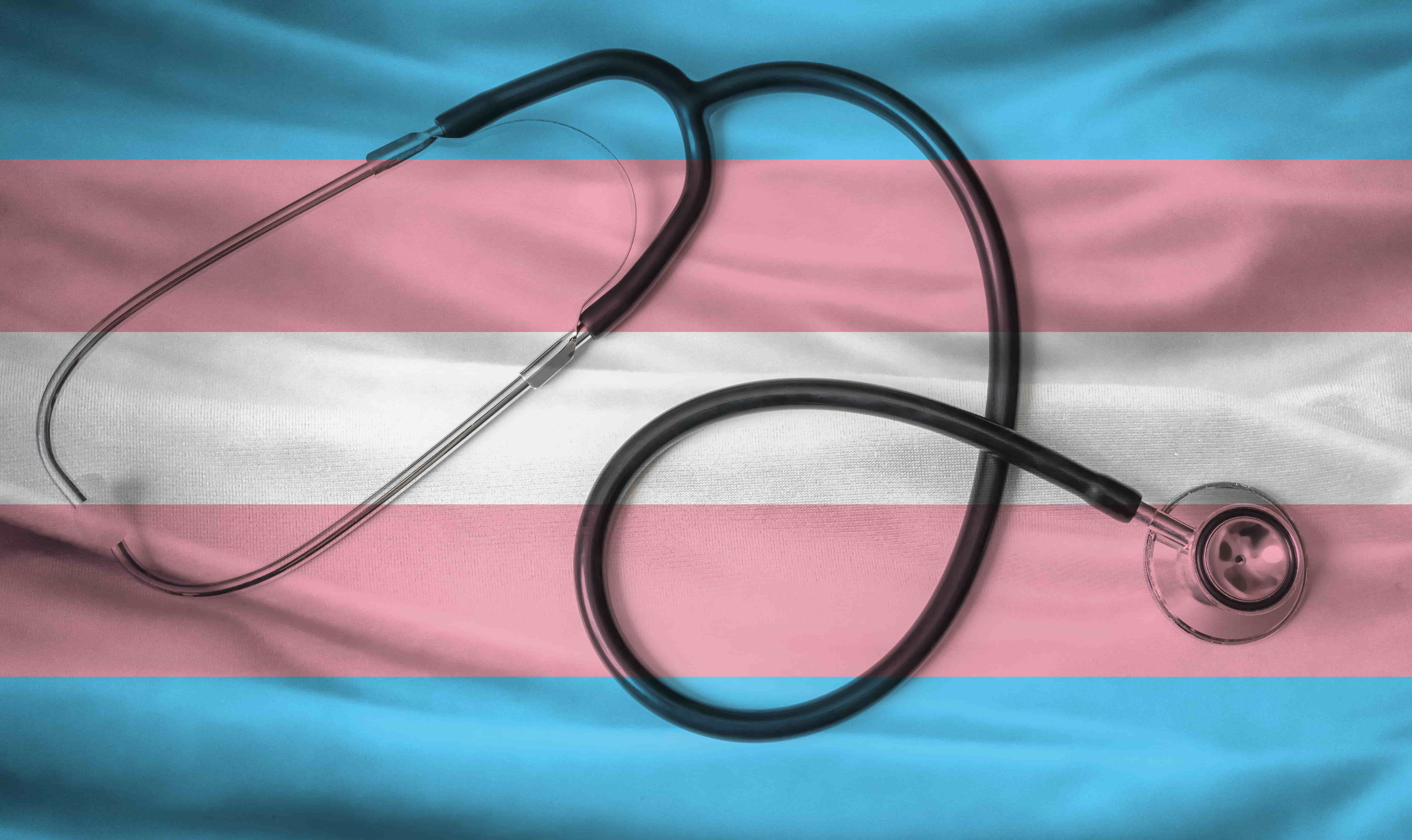Transition Surgery Mandate Found Unconstitutional in Japan
Japanese Court sides with a transgender man who protested having to undergo sterilization to have his gender identity legally recognized.

A Japanese court found that the country’s law requiring transgender people to undergo gender confirmation surgery to have their gender recognized by the state was unconstitutional.
The verdict, handed down in Shizuoka family court, came in response to a lawsuit filed by a transgender male arguing that he should not be required to undergo gender confirmation surgery — including sterilization and removal of his internal reproductive organs — to legally be recognized as male.
The plaintiff, Gen Suzuki, 48, argued in court that a 2004 law requiring transgender people to undergo surgery before legally recognizing their transition was inhuman and unconstitutional.
He also argued that the surgery was medically unnecessary, and therefore inadvisable.
The court sided with Suzuki, noting that the surgery would cause Suzuki to irreversibly lose his ability to reproduce, and found the law to be outdated and discriminatory. The court also said that the law is at odds with the growing social acceptance of sexual and gender diversity, and runs counter to efforts to create a more inclusive society.
Suzuki welcomed the ruling, saying he was encouraged by the progress that transgender individuals have enjoyed in recent years.
“I want children to hang on to their hope. I want to see a society where sexual diversity is naturally accepted,” he said.
LGBTQ activists and supporters congratulated Suzuki and hailed the ruling as a victory for the transgender community on social media.
The decision comes when LGBTQ issues, especially transgender rights, are getting more attention in Japanese society.
In July, Japan’s Supreme Court ruled that restrictions barring a transgender woman from using female-designated restrooms were unconstitutional. At the time, the unanimous ruling was the first to deal with protections for LGBTQ employees.
It also recognized the woman’s transgender identity, even though she was medically unable to undergo surgical interventions as part of her transition.
At the same time, activists have been pushing the government to pass an LGBTQ-inclusive discrimination law.
Japan is currently the only G7 nation where same-sex marriage hasn’t been legalized and where the LGBTQ community lacks significant legal protections. But the conservative ruling Liberal Democratic Party has balked at recognizing LGBTQ rights, especially same-sex marriages.
The recent verdict sets a limited precedent for the area covered by the Shizuoka family court in central Japan. Japan’s Supreme Court is expected to rule in December on a similar case involving a transgender female, which could set a national prescedent, reports The Associated Press.
Support Metro Weekly’s Journalism
These are challenging times for news organizations. And yet it’s crucial we stay active and provide vital resources and information to both our local readers and the world. So won’t you please take a moment and consider supporting Metro Weekly with a membership? For as little as $5 a month, you can help ensure Metro Weekly magazine and MetroWeekly.com remain free, viable resources as we provide the best, most diverse, culturally-resonant LGBTQ coverage in both the D.C. region and around the world. Memberships come with exclusive perks and discounts, your own personal digital delivery of each week’s magazine (and an archive), access to our Member's Lounge when it launches this fall, and exclusive members-only items like Metro Weekly Membership Mugs and Tote Bags! Check out all our membership levels here and please join us today!




























You must be logged in to post a comment.